Microsoft Office Access 2010: What’s New?
Access 2010 unleashes new database management features to make it reliable, flexible and more resilient. It offers different features that helps novice user understand complex database operations. Like its counterparts, it has been improved with some great features and additions. We have already reviewed Office 2010 suite applications, such as, Word, PowerPoint and Excel. Today we are going to review some notable features added to Access 2010.
Backstage View
Office 2010 includes Backstage view as a part of Fluent User Interface. It complements the new ribbon view, provides navigability and ease of access. Backstage view encompass commands that you can apply to an entire database, such as share DB on web, compact/repair database, analyze DB, and data security.
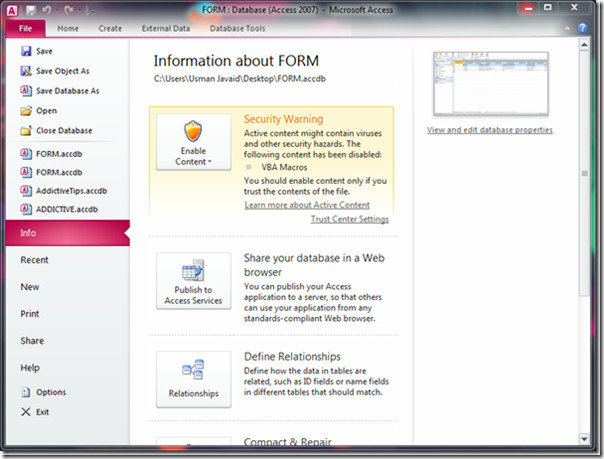
Macros
Access 2010 includes a better environment for handling macros. Revamped macro designer makes it easier to create and modify macros, and automates designing database logic. It facilitates users to mitigate the risk of committing coding mistakes, eventually encounter fewer errors. By using macros, database productivity would increase and complications to integrate complex logic would decrease, resultantly helps in creating more resilient & robust applications.
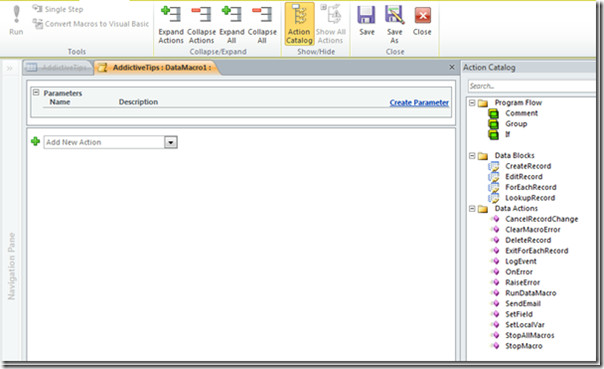
More Export Options
Contrasting to Access 2007, in which you need to install add-ins to export database. Access 2010 offers option of exporting database in PDF (Portable Document Format) and XPS (XML paper Specification) formats. Now with Access 2010, you can export datasheet, forms and reports to a .pdf or .xps file, it enables you to spread information in an easy-to-distribute form that contains all formatting characteristics.
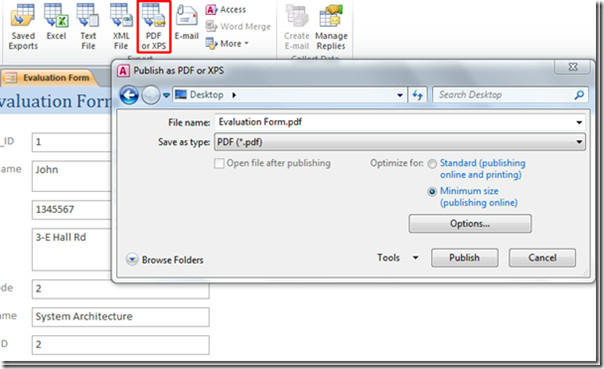
Database Sharing On Web
Access 2007 provides limited support of sharing database on the web, as you might know that you could only publish your lists and move database to document libraries. In Access 2010 in collaboration with SharePoint Server 2010, you can create a web database and most importantly users can use your database through a web browser window. You can also use Check Web Compatibility feature to analyze datasheets before publishing.
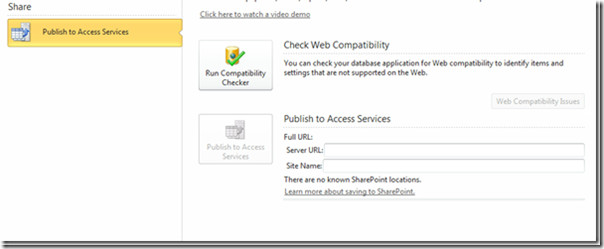
Easier Navigation
Contrasting to Access 2007, Access 2010 provides navigation options to access your frequently used forms or reports more easily, without writing a single line of code. You can choose from six predefined navigation templates with a combination of horizontal or vertical tabs. Multi-level tabs can be used for the large number of Access forms or reports.
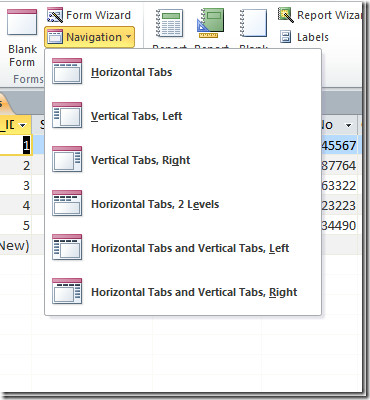
Professional Themes & Designs
Now make more professional forms and reports by applying themes and customize them as you want by giving different colors, fonts etc. Choose from variety of themes or design your own.
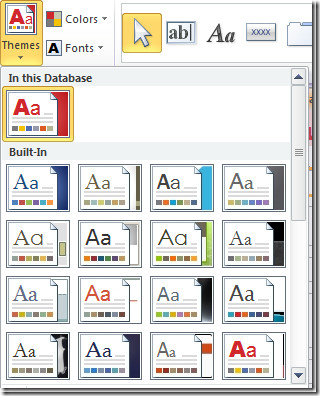
Quickly Add Group Of Fields
Access 2010 introduces new way to add fields to the database by providing list of grouped fields. Quick Start feature allows you to add group that contains different related fields.
For Instance: Select Address from Quick Start option, upon clicking Address, multiple fields related with Address will automatically added in the field pane.
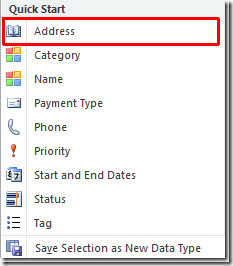

Conditional Formatting on Reports & Forms
In Access 2010 you can apply conditional formatting upon reports and forms, with this feature you can now show only that information that meets a certain criteria or condition and write new rules. Open Report or Form, select the fields you want to add or edit formatting rules for, and click Conditional Formatting option.
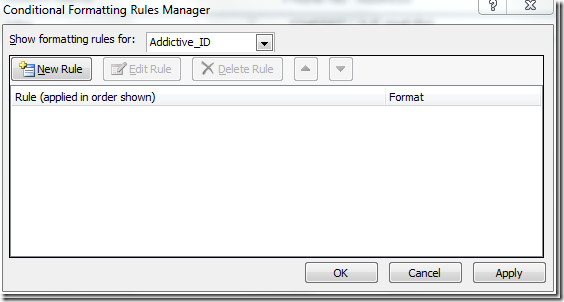
We have covered some of the most prominent and visible features of Access 2010. Post will be updated as soon as we find out any new feature, if you know any, feel free to leave a comment.

Please I have problem
How can i Make access don’t save record direct in the table and save by SaveRecord button .
Thanks for your help
All my programs written in MS-Access 2003 uses tool bars with pulldown menus and submenus. This has been taking away in MS-Access 2007 and in MS-Access 2010. As a professionnal developper, I have found this an essential tool and saves me lot of coding.In the final release of MS-Acess 2010, will you bring back this capability or something similar?
Thanks for posting about some of the new features in Access 2010! If you want to stay connected to the latest news for Office 2010 — and Access — I recommend joining the community and conversation at the Office page on Facebook. Join here: http://www.facebook.com/office. Cheers!KimMicrosoft Office Outreach Team